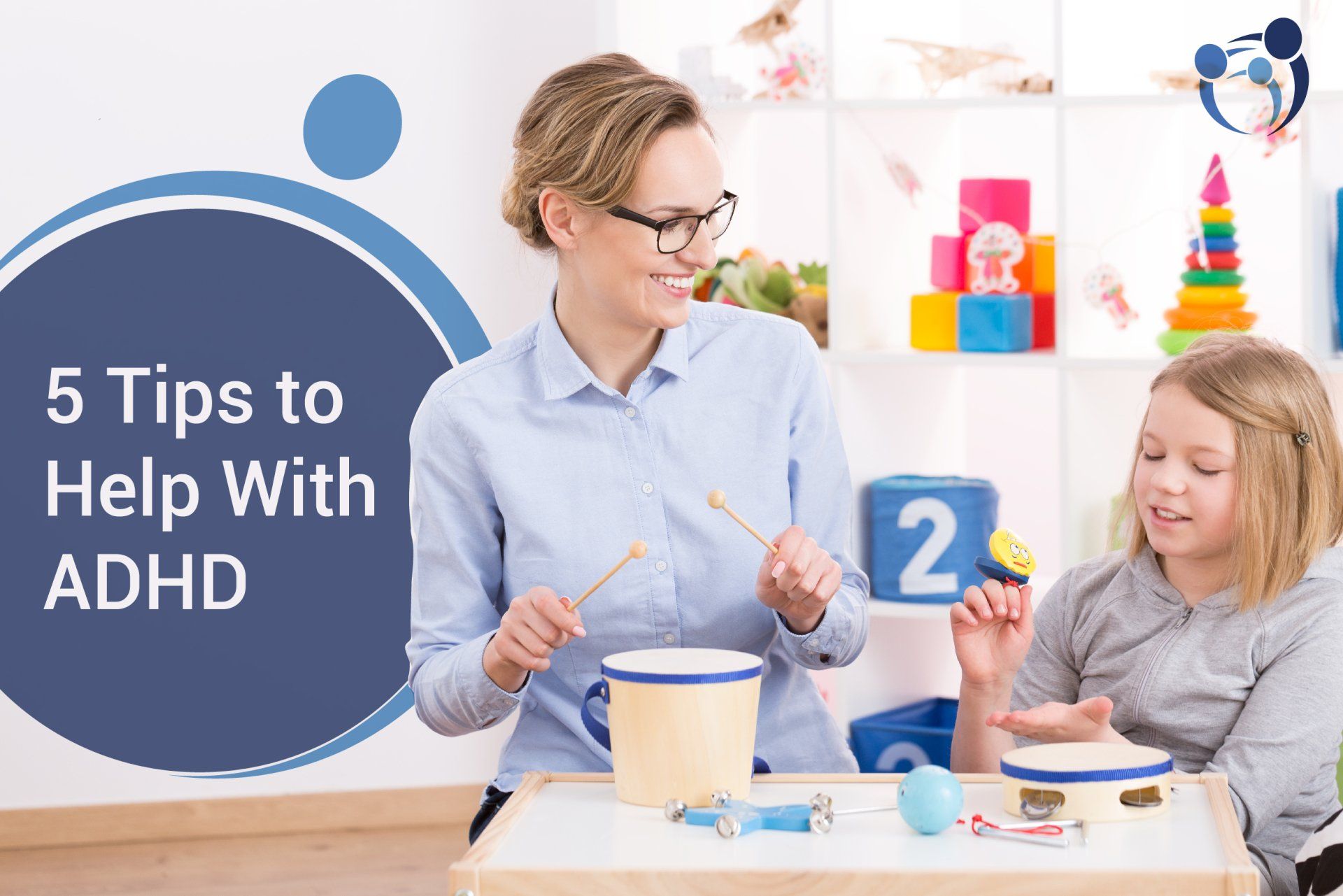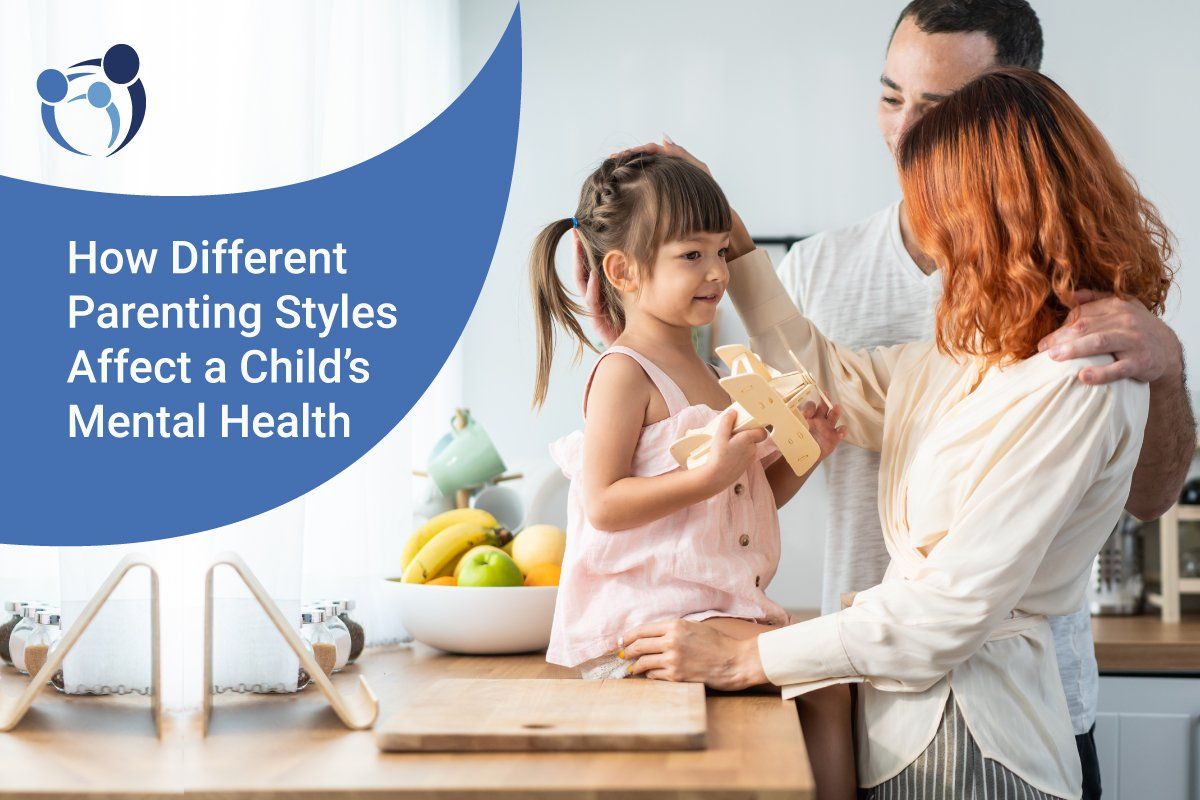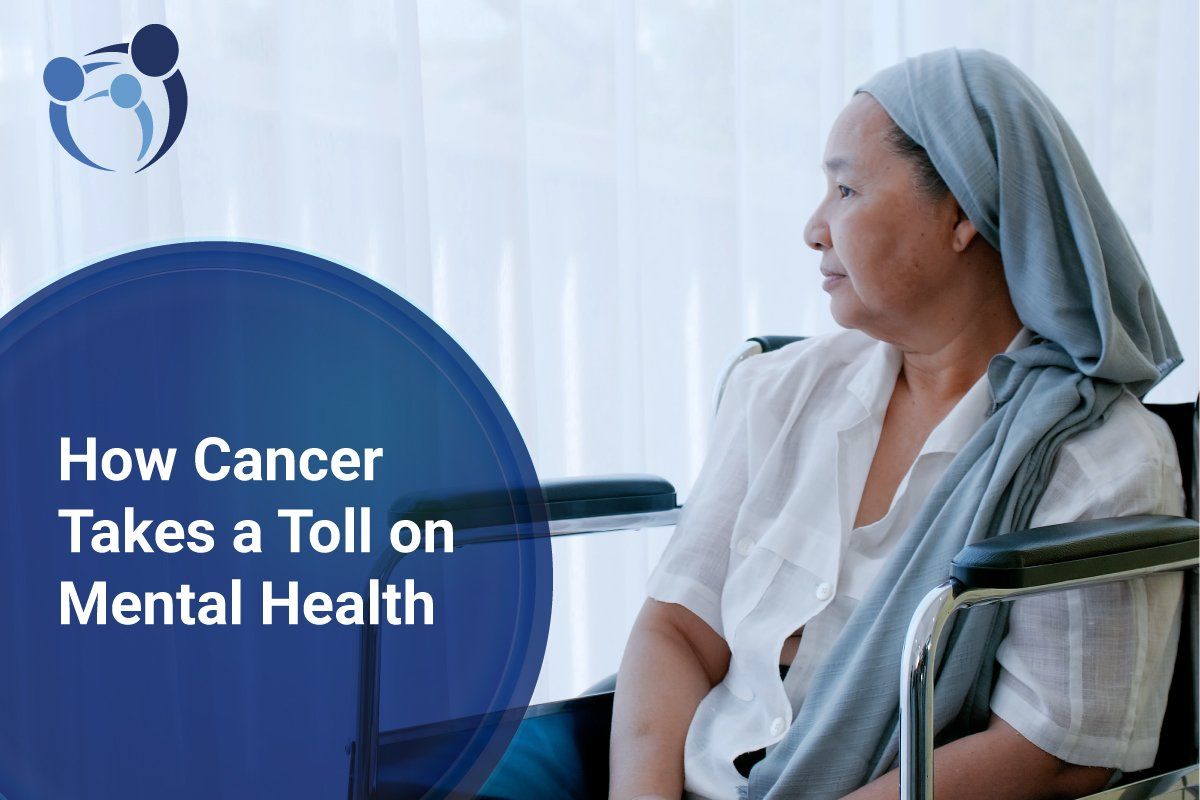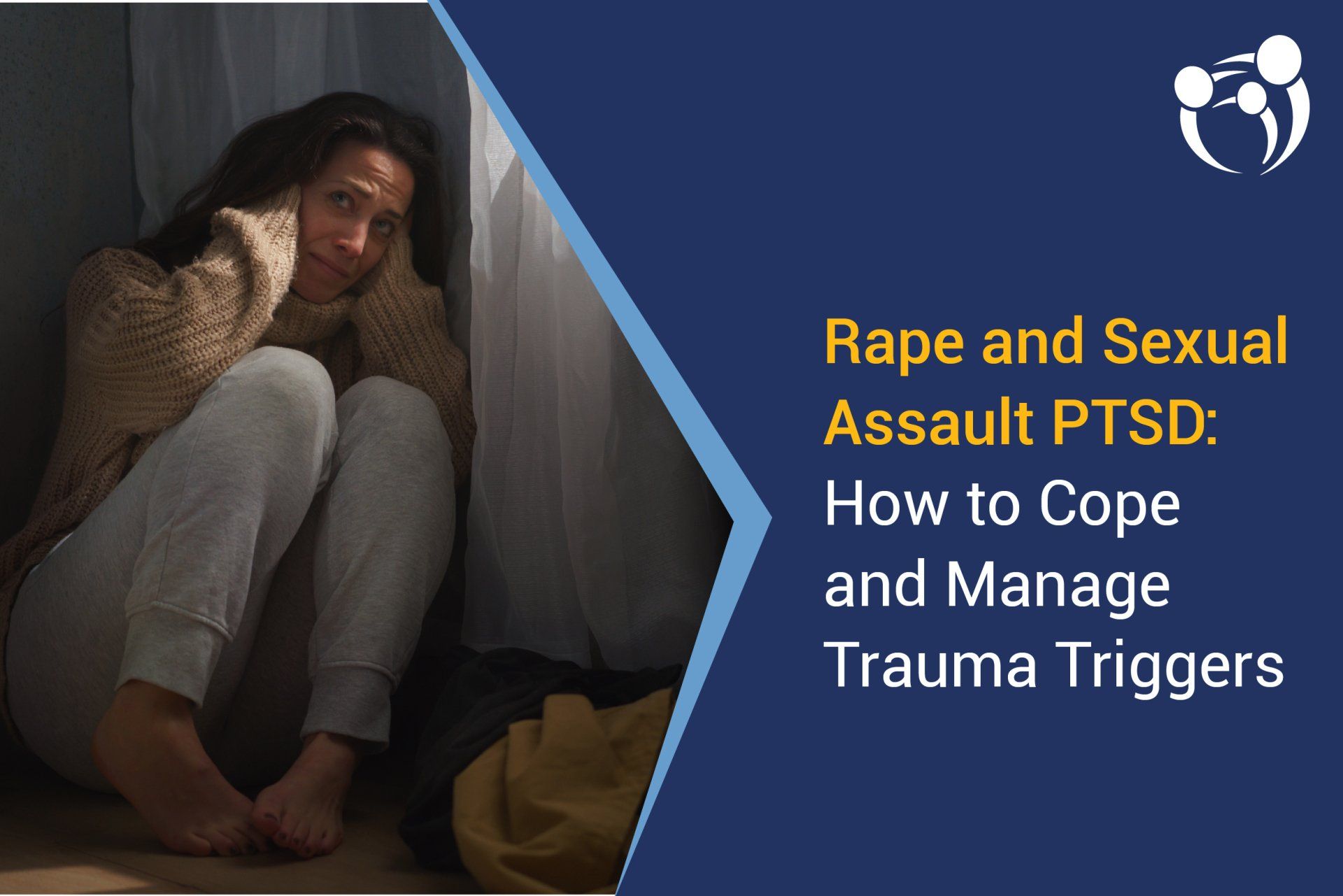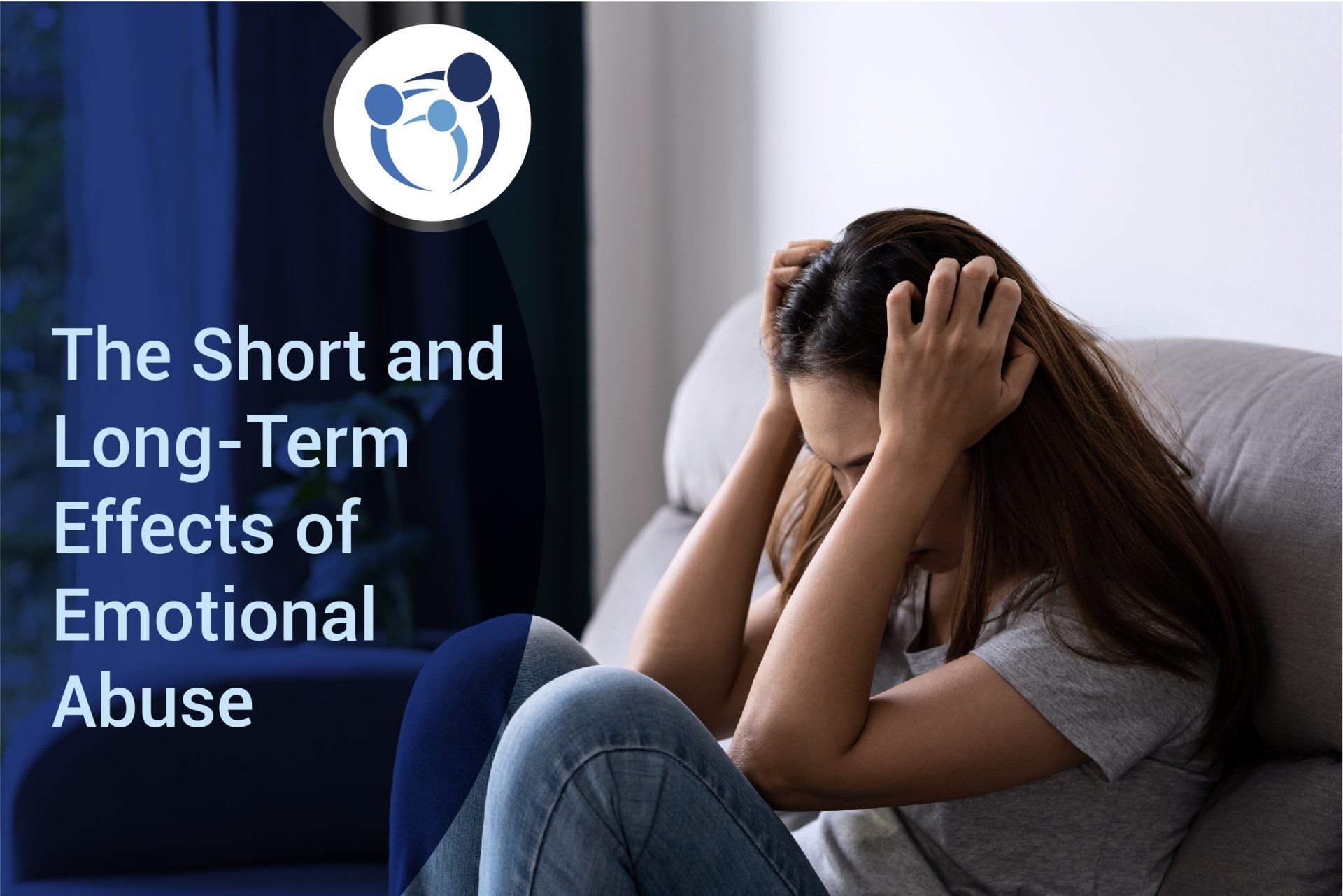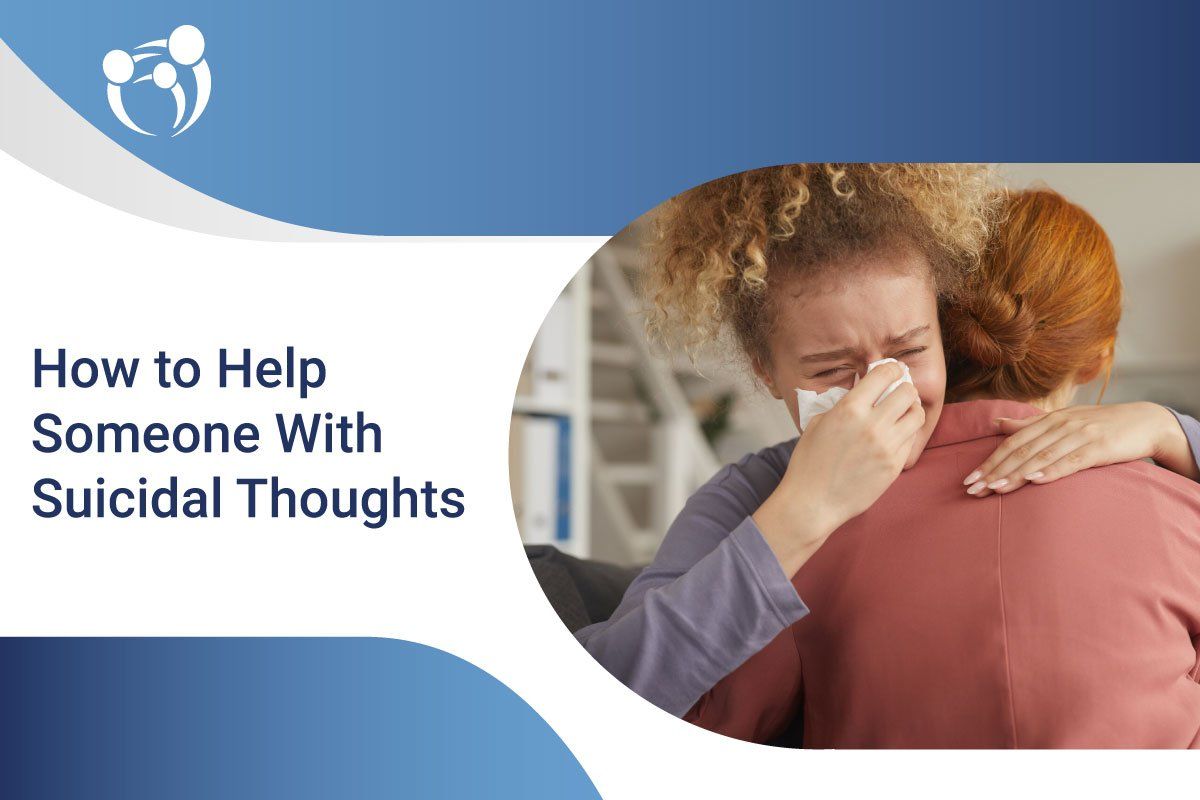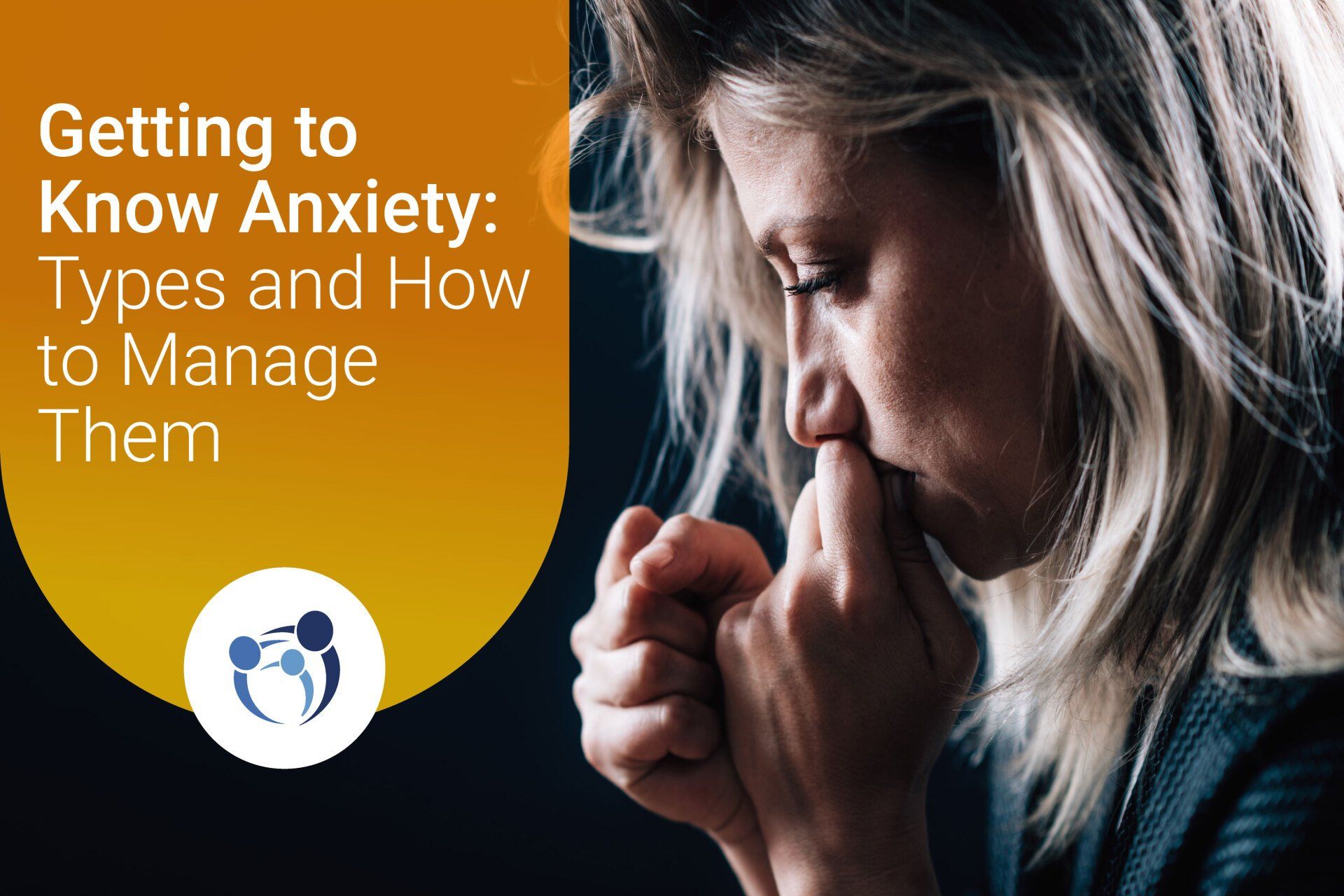Attention-deficit/hyperactivity disorder or most commonly known as ADHD, affects many children and adults. It is essential to learn more about ADHD to help and educate people and children suffering from it.
Knowing and Understanding ADHD
ADHD stands for Attention Deficit Hyperactivity Disorder. It is a medical condition in the brain that affects self-control and the ability to pay attention. Children are the most likely to develop this condition, which can last into adulthood. These children may also struggle with low self-esteem, anxiety, performance issues in school, and troubled relationships. When a child struggles to pay attention during the early years of school, it might be an early sign of ADHD.
Why Is ADHD Prevalent Among Children?
Researchers do not yet know why ADHD occurs in children. However, genetics may play a role. For instance, a child with ADHD may have a relative with the disorder. Some factors contributing to ADHD include premature birth, brain injury, smoking, and severe anxiety during pregnancy.
How to Help a Child With ADHD?
Dealing with ADHD is never easy to handle. No parent wants to watch their child suffer. It is also vital for parents to accept that children with ADHD have different brain functions from other kids. ADHD in children tends to manifest in impulsive behavior, but that doesn't mean they cannot learn what is and isn't acceptable behavior. Patience, acceptance, and understanding can go a long way in supporting kids with ADHD.
Some parents may struggle and find it frustrating to cope. With the help of family and individual therapy, parents can protect their mental health and get better guidance in ADHD child management.
ADHD Child Management
It would be best to learn how to manage your child's behavior from the experts. Start by consulting a therapist who specializes in ADHD. With the advice of your child's therapist, the challenging behaviors can be limited. Also, showing your child love and support will allow him to grow well.
5 Tips to Help With ADHD
The Centers for Disease Prevention and Control (CDC) estimates that there are 6.1 million ADHD-diagnosed children in the United States. So, dealing with your child's ADHD for the first time may make you feel struggling and overwhelmed. Just know that you are not alone in this battle.
Check out these five tips that will help you:
1.Educate Yourself on ADHD
As a parent of a child with ADHD, you should take the time to educate yourself about the disorder and its effects. Assess your child's ADHD condition to determine the type. Below are the three types of ADHD and their symptoms:
- Predominantly Inattentive Type. Individuals have difficulty organizing or completing tasks, paying attention to details, and following directions. These types of people have problems concentrating and tend to forget daily routines.
- Predominantly Hyperactive-Impulsive Type. These types of children happen to run, jump or climb frequently. If we're talking about adults, the symptoms show fidgeting and talking all the time. It is also difficult for the person to listen to directions or wait their turn. Those with impulsiveness are prone to accidents and injuries.
- Combined ADHD. Inattention, hyperactivity, and impulsivity are all symptoms of combined ADHD. Individuals with this condition may display the above two types of symptoms.
At the moment, you can discover parenting techniques that can help your family overcome the hardships of ADHD. Always make sure to get accurate details from reliable sources. However, there are many misconceptions about ADHD. Online sources can be helpful, but you should talk to your child's behavioral health provider first. Likewise, you may find helpful tips and resources from your child's doctor.
2. Establish a Simple Routine for Your Child
You should give your child a quiet, comfortable space of their own to read, do homework, and get enough sleep. Organize everything in your home, so your child knows where everything goes. It helps your child's thinking and minimizes distractions. Children with ADHD may have trouble falling asleep at night. Sleep deprivation can result in poor attention, hyperactivity, and impulsivity. They need to have a good sleep. To improve their sleep, limit sugar and caffeine intake, and reduce television usage. Develop a relaxing bedtime routine.
3. Encourage and Praise Your Child
Since children with ADHD tend to receive criticism more often than others, they must learn what behaviors are acceptable by receiving praise. It's such an excellent way to uplift their self-esteem. Also, children may feel bad about their diagnosis. Because of this, parents need to nurture their children's self-esteem. Here are a few ways:
- Praise every small positive action they make.
- Set a time for bonding with your child.
- Teach your child to socialize well, but not to the point of forcing them to do so.
- Tell your child multiple times a day that you love them.
In this way, they will develop a positive outlook and learn to use their abilities.
4. Encourage Physical Activities
Through this, you can let your child play with balls and jump ropes. You can also teach them how to ride a bike. Parents should display good actions and encourage them to spend energy. Physical activities aid with:
- Sleeping better
- Enhance focus and concentration
- Brain stimulation
- Reduces depression and anxiety
Furthermore, children with ADHD can benefit from playing outdoors together with their families. These activities foster solid relationships and healthy habits in the future.
5. Consider Medications for Your Child
The use of medication can help children deal with the symptoms of ADHD and help them cope with the behaviors that lead to difficulties in their relationships and at school.
- Stimulant medication is usually more effective in treating children with ADHD symptoms. These medications reduce ADHD symptoms in 70-80% of children. There are two types:
- A short-acting (immediate-release) medication is taken every 4 hours when necessary. It is cheaper than other medications.
- Long-acting and intermediate-acting medications are taken once in the morning. Children who take extended-release forms of stimulants can avoid taking medication at school or after school. When children take this form of medication, they can avoid taking them at school. Ensure that extended-release capsules and tablets are not chewed or crushed. You can sprinkle extended-release capsules made of beads on food for children who have trouble swallowing tablets or capsules.
2. Non-stimulants don't tend to cause stress, insomnia, or lack of appetite. Aside from that, they do not present the same risk of addiction or abuse. They last for 24 hours and don't wear off as quickly, unlike most stimulants.
Feel free to contact us to learn how to cope with ADHD in your family or your children. Mental health care for parents and children with ADHD is one of our specialties.
A Center for Mental Wellness offers therapy solutions for you and your family. Contact us today to make an appointment or to learn more about how we can help. #BuildingABetterTomorrow
